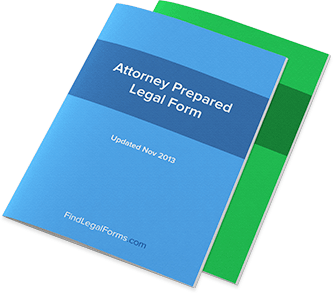Child Support
It’s generally not a legal phrase that carries a very positive connotation, but understanding what “child support” means can be a very healthy thing, especially if you really have no clue about it and are expected to meet these requirements legally. This article should take you through an overview of what child support is, why it exists, and explain what you might be expected to handle if you’re the one expected to pay child support. In the United States, child support or “child maintenance” payments made to help and assist in the raising of the child after the result of a divorce or termination of a relationship. For example, if a couple divorce but the mother maintains custody of the child, that mother might be granted child support payments from the father if the father has the means to do so. These payments are generally required by the courts in cases where the mother doesn’t have enough time to handle jobs as well as child custody. What can be difficult about many single parents when considering the issue of child support is that child support payments can be high while visitation rights are low. Many people think that they are entitled to more visitation rights with their child if they have to make regular child support payments, but as it relates to the law, this is not always the case. Visitation rights are handled as being independent of child support requirements, which means that paying more child support will not land you more entitlements with a child under the current legal system. This is a criticism many people have, although for certain reasons it can be important to keep finances and rulings on the child’s custody separate. Child support payments can also sometimes be out of proportion to the actual expense needs of the other party, depending on an individual court’s ruling. Although a child might only require a certain amount of money a month in expenses for day care, medical visits, education, food, and other resources, the child support payments required might actually be in excess of all of these. In some case, the child support payments may not actually be enough to handle all of the unforeseen costs. Each court does its best to keep the child support payments appropriate to the situations, but that doesn’t mean that each court actually keeps things fair from both parties’ perspective. It is one of the great difficulties of handling two parents raise one child from two different living situations, and even the legal system is not capable of handling it fairly all the time. Now that you understand what child support can require of you, it’s important to make sure that you understand your legal rights. In some cases, you’ll simply be required to pay child support even when you don’t think it’s fair. But understanding the process should help you realize what the best decisions are for you from this point on.

